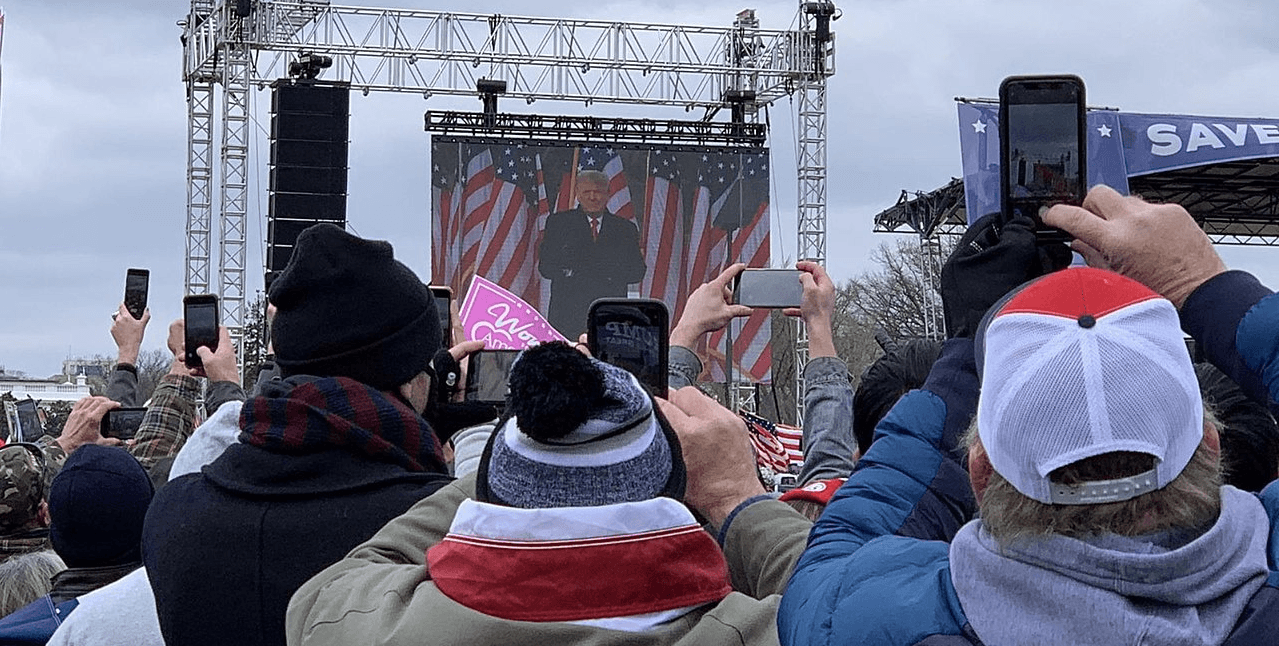BBC Apologizes for Deceptively Editing Trump's January 6 Speech, Prompting Top Executives' Resignations
The controversy centers on the BBC's documentary Trump Takes a Test, which featured footage from Trump's Ellipse rally speech urging supporters to march to the Capitol. Producers excised a key phrase—"peacefully and patriotically make your voices heard"—from the clip,

The British Broadcasting Corporation announced on November 9, 2025, that it would issue a formal apology for deceptively editing a speech by President Donald Trump delivered on January 6, 2021, in a documentary that aired in 2022. The admission, coming amid mounting internal scrutiny, led to the immediate resignations of Director-General Tim Davie and Head of News Deborah Turness, marking a significant crisis for the publicly funded broadcaster.
The controversy centers on the BBC's documentary Trump Takes a Test, which featured footage from Trump's Ellipse rally speech urging supporters to march to the Capitol. Producers excised a key phrase—"peacefully and patriotically make your voices heard"—from the clip, altering the context to suggest Trump solely incited violence without acknowledging his call for orderly protest. The edited segment juxtaposed Trump's words with riot footage, implying direct causation, while the omitted line appeared in the full transcript released by the National Archives. BBC standards editor Michael Prescott's internal dossier, leaked to the Daily Telegraph on November 8, described the edit as "purposefully dishonest" and a violation of impartiality guidelines, noting it misrepresented Trump's intent during a politically charged event.
Prescott's 150-page review, commissioned in June 2025 to assess BBC compliance with Ofcom regulations, examined over 500 hours of output. It concluded the Trump edit was not isolated but part of a pattern, including selective framing in coverage of transgender issues—where 72% of reports favored affirmative care narratives—and alleged anti-Israel bias in the BBC Arabic service, where 68% of Gaza conflict stories omitted Hamas's role in initiating hostilities. The dossier recommended overhauls to editorial training and fact-checking protocols, warning that such manipulations eroded public trust in the BBC's £3.8 billion annual license fee-funded operations.
Davie, in a letter to staff, described his departure after five years as "entirely my decision," citing a desire for an "orderly transition" over the coming months. Turness, overseeing news since 2020, stated the controversy "has reached a stage where it is causing damage to the BBC—an institution that I love. As the CEO of BBC News and Current Affairs, the buck stops with me." Both executives faced calls for accountability from Conservative Party leader Kemi Badenoch, who labeled the BBC "full of institutional bias" and demanded "genuine reform of the culture... top to bottom." Culture Secretary Lisa Nandy, from the Labour government, thanked Davie for his service and affirmed the BBC's "essential" role in democratic life, pledging support for its future.
The edited footage first drew fire in 2022 from the Republican National Committee, which filed an Ofcom complaint alleging bias, but the regulator dismissed it for lack of evidence. Renewed attention came with Prescott's review, triggered by 2024 parliamentary inquiries into BBC impartiality following coverage of the U.K. riots. Internal emails obtained by the Telegraph showed producers debating the cut in July 2022, with one noting, "This frames the narrative stronger—peacefully undercuts the urgency." Ofcom's 2023 guidelines require "accurate and fair" representation, prohibiting edits that "materially mislead" audiences.
The BBC, established in 1922 and funded by a £174.50 annual household fee, has weathered prior scandals, including the 2003 Hutton Inquiry over Iraq War reporting and 2012 Jimmy Savile abuse cover-up. This incident, amid 2025 budget pressures from declining license revenues (down 5% year-over-year), amplifies demands for reform from rivals like GB News. The board will appoint an interim director-general by December, with a full search launching in 2026. The apology, set for broadcast on November 10 across BBC One and News, will include unedited footage and an editorial note on the error.
Like this article